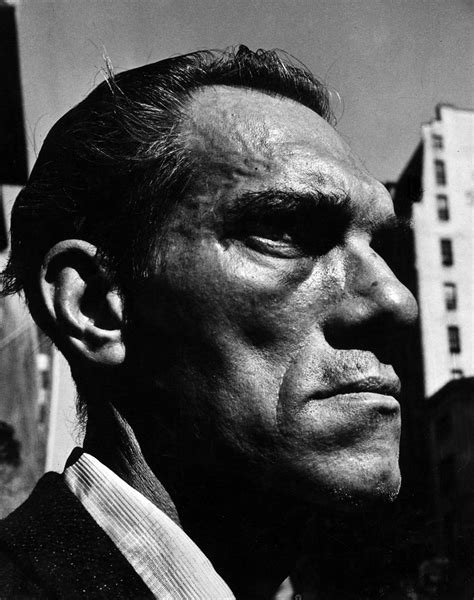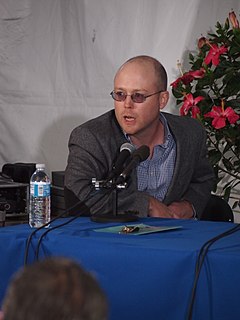A Quote by Erin Morgenstern
People see what they wish to see. And in most cases, what they are told that they see.
Related Quotes
I don't view myself as a particularly intelligent people, but I do have one ability that I've demonstrated over and over again, that's helped me see things that other people for whatever reason have not seen. That's that most people see what they expect to see, what they want to see, what conventional wisdom tells them to see. I guess it could be stated that most people only hear the music, not the lyrics of human events.
Some sort of belief in all-powerful supernatural beings is common, if not universal. A tendency to obey authority, perhaps especially in children, a tendency to believe what you're told, a tendency to fear your own death, a tendency to wish to see your loved ones who have died, to wish to see them again, a wish to understand where you came from, where the world came from, all these psychological predispositions, under the right cultural conditions, tend to lead to people believing in things for which there is no evidence.
When I say: "I'm looking at you, I can see you", that means: "I can see you because I can't see what is behind you: I see you through the frame I am drawing. I can't see inside you". If I could see you from beneath or from behind, I would be God. I can see you because my back and my sides are blind. One can't even imagine what it would be like to see inside people.
You have to be able to connect to the world of archetypes. That is not so easy, and most people in the West have no clue, that that is necessary, because they have no clue of what that means. They see the image, they see Buddha here, but they don't see what the image represents. Its one thing to see with this physical eyes, it's another thing to see with this spiritual eye.
I don't see people. I don't see men and women at all. When I see them, I see... their mothers and fathers. I see how old they are inside. Like when I look at the president, or anybody in a record company, or a store owner, I may see a little boy behind the counter with the face of an old man. And that's who I talk to.





































